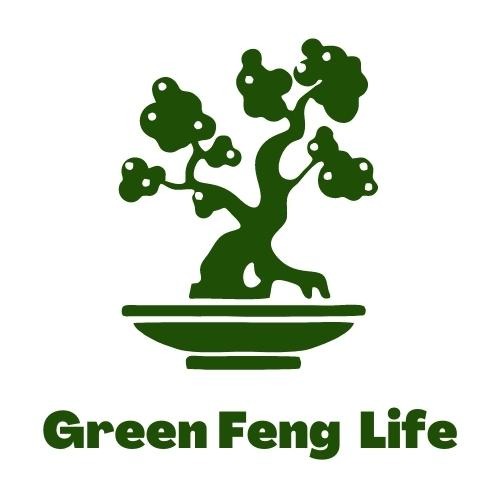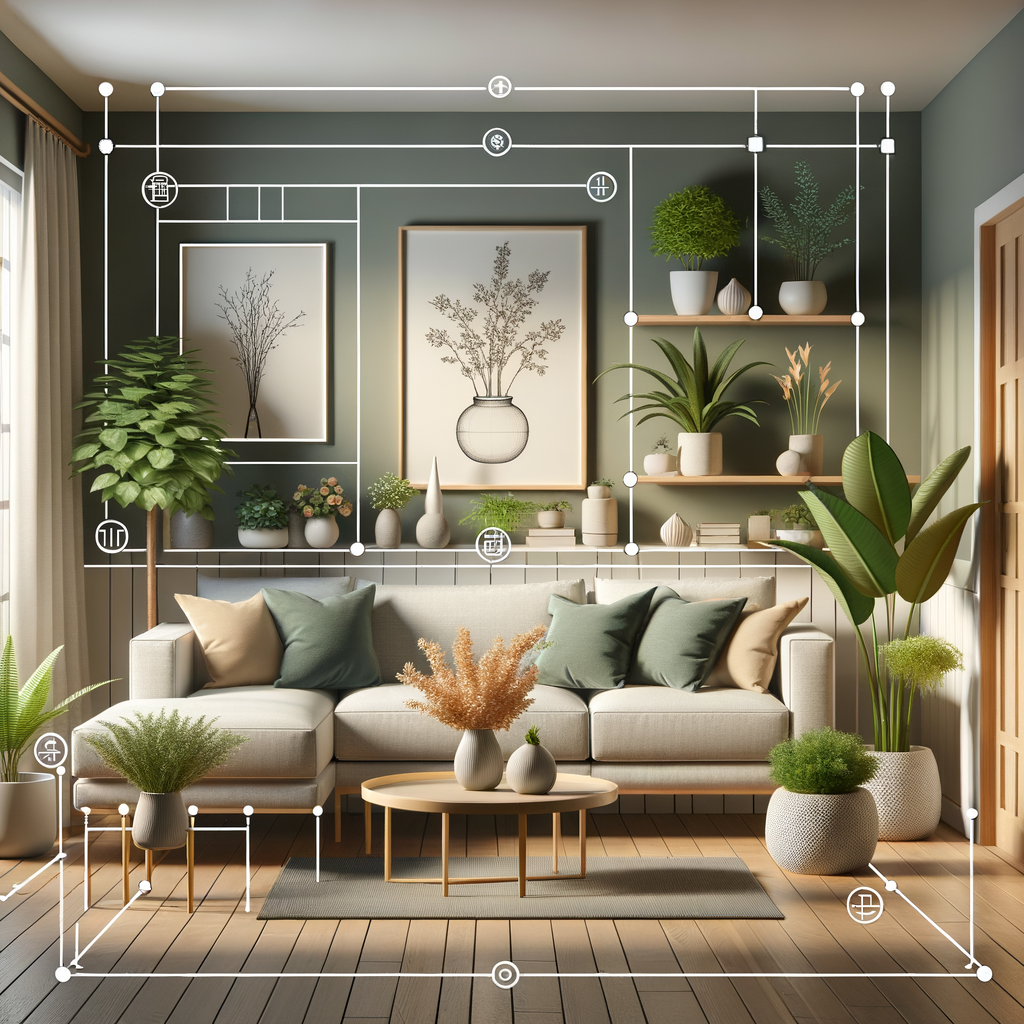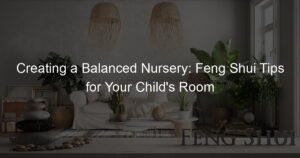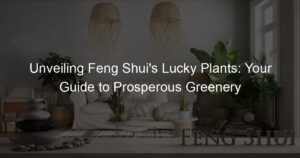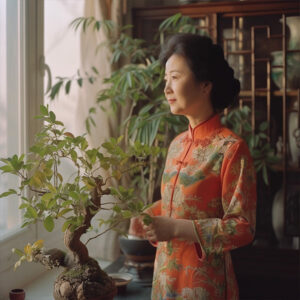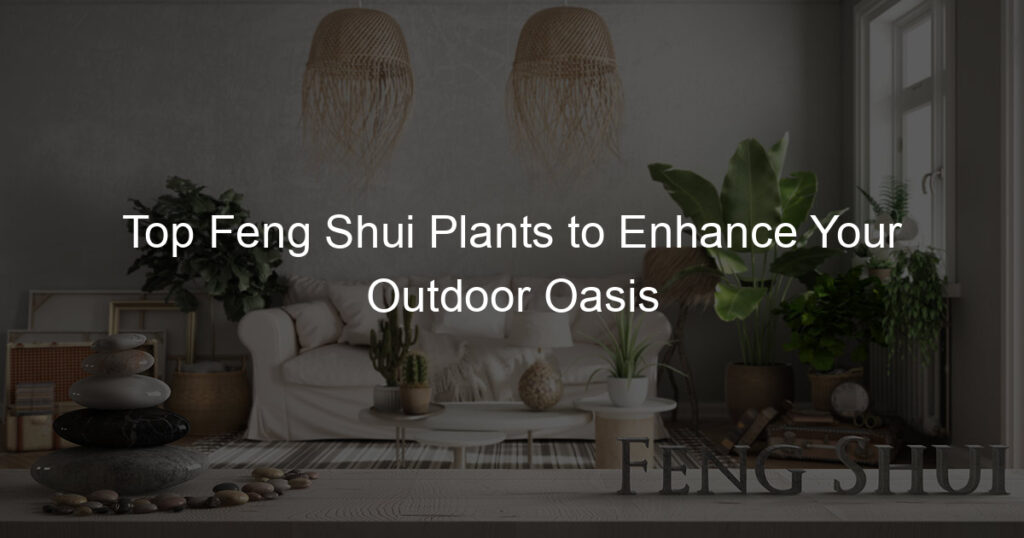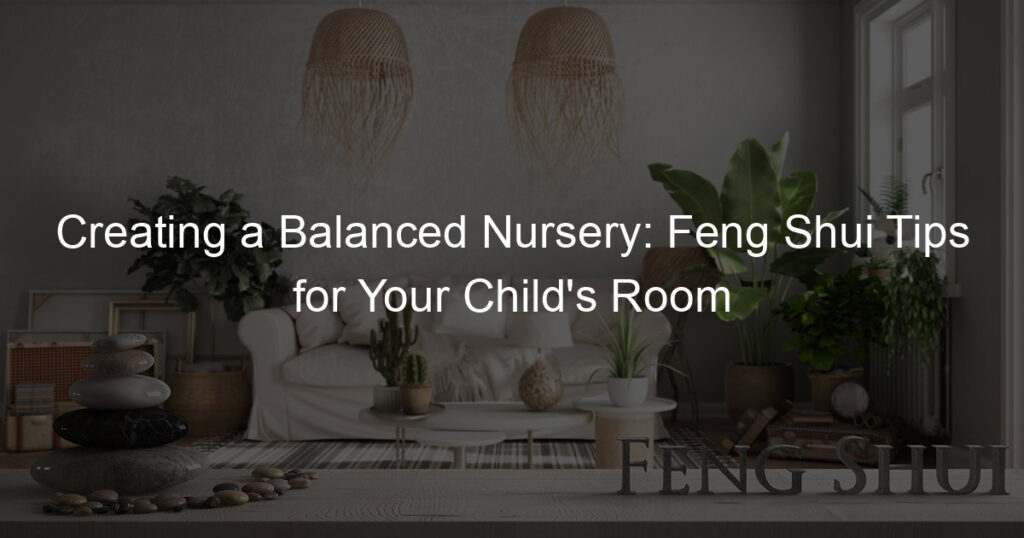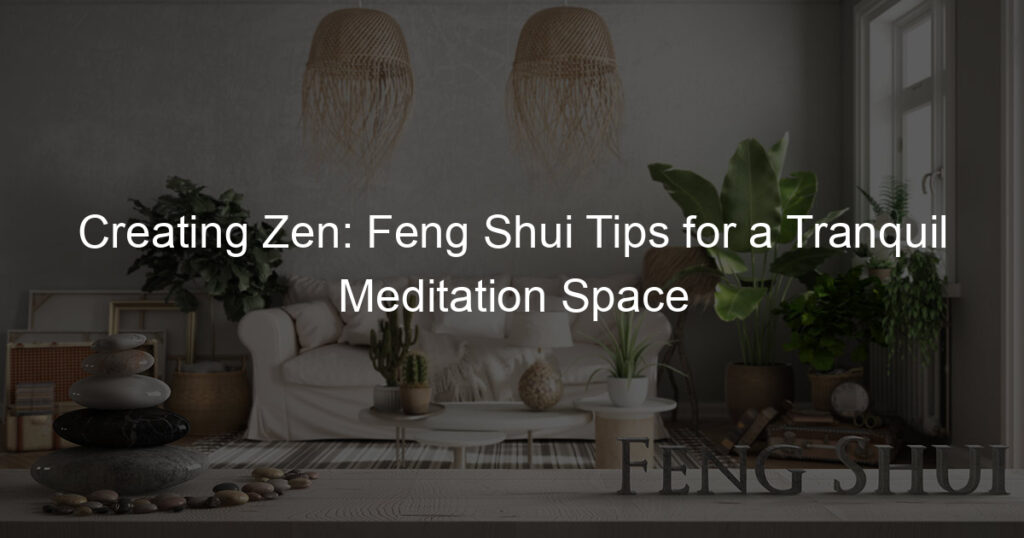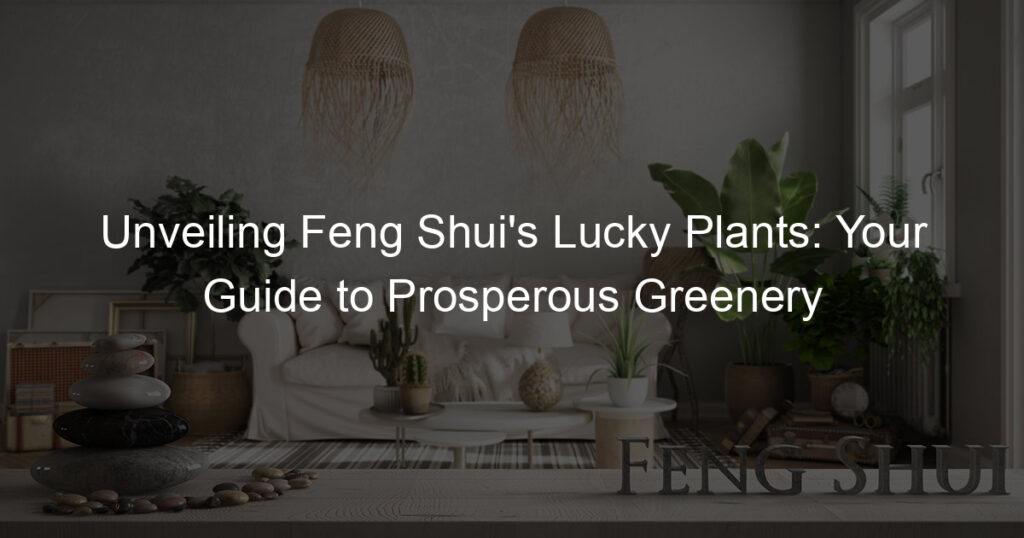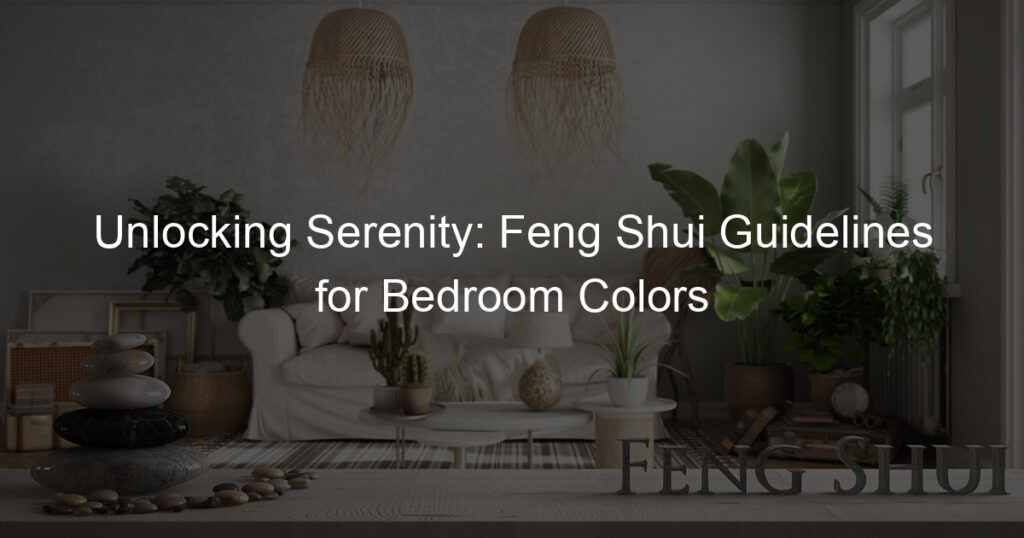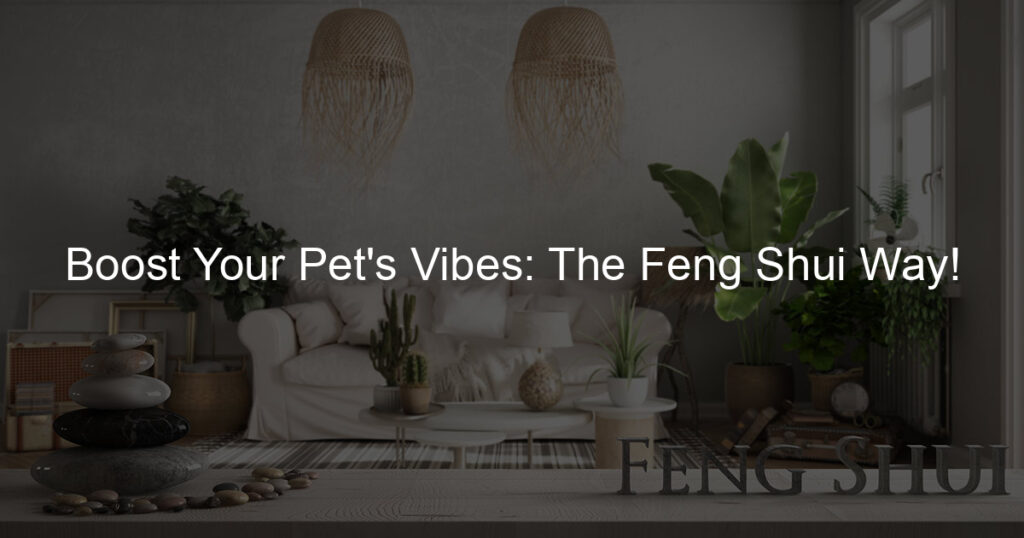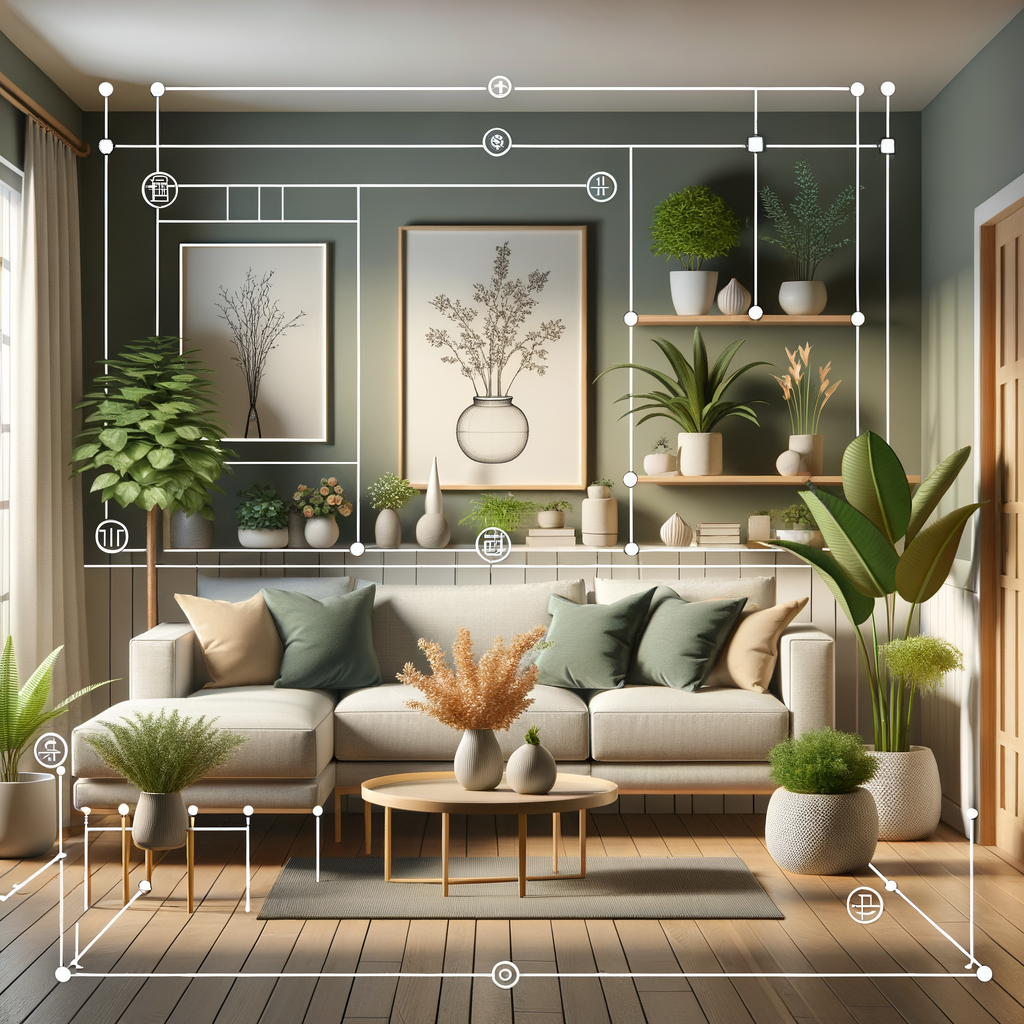
Introduction to Feng Shui Plant Placement
Welcome to the fascinating world of Feng Shui, a practice that harmonizes individuals with their surrounding environment. One of the key elements of Feng Shui is plant placement. Let’s delve into this topic and explore why even fake plants have a role to play.
- Understanding the Basics of Feng Shui
- The Importance of Plant Placement in Feng Shui
- Why Consider Fake Plants in Feng Shui
Feng Shui, a Chinese philosophy, is all about balancing energies in any given space. It’s believed that this balance can bring good health and fortune. Feng Shui uses the five elements – Wood, Fire, Earth, Metal, and Water – to achieve this harmony. Plants, representing the Wood element, play a crucial role in this practice.
In Feng Shui, the placement of plants can influence the flow of energy or ‘Chi’ in a space. A well-placed plant can bring positive energy, while an incorrectly placed one can do the opposite. For instance, a plant placed in the East sector of your home can improve health and family relationships, according to Feng Shui principles.
While real plants are preferred in Feng Shui for their life-giving energy, fake plants aren’t necessarily bad. They can be a practical choice for those who lack a green thumb or live in low-light conditions. The key is to choose high-quality fake plants that look as natural as possible. Remember, in Feng Shui, the intention matters as much as the physical object.
In the following sections, we’ll delve deeper into how to incorporate artificial plants into your Feng Shui home decor, the comparison between real and artificial plants in Feng Shui, and guidelines for positioning your artificial plants for the best Feng Shui.
Feng Shui Home Decor: Incorporating Artificial Plants
When it comes to Feng Shui home decor, incorporating artificial plants can be a smart and stylish choice. These faux flora offer a range of benefits that can enhance the energy and aesthetic of your space.
Benefits of Using Fake Plants in Feng Shui
Artificial plants can be a great addition to your home, especially when considering Feng Shui principles. Here are some of the key benefits:
- Low maintenance: Unlike real plants, artificial ones require minimal care. There’s no need to water them, provide sunlight, or worry about their health. This can save you time and effort, allowing you to focus more on arranging them for optimal Feng Shui.
- Year-round vibrancy: Artificial plants maintain their color and vitality throughout the year. This constant vibrancy can contribute to a positive and energetic atmosphere in your home, which is a key aspect of good Feng Shui.
- Flexibility in placement: With fake plants, you’re not restricted by the need for sunlight or specific temperatures. This means you can place them in any area of your home to enhance the Feng Shui, even in spaces where real plants might struggle to survive.
Incorporating artificial plants into your Feng Shui home decor can be a practical and aesthetically pleasing choice. They offer a simple way to maintain a vibrant and harmonious atmosphere in your home, regardless of the season or conditions. So, why not consider adding some to your space?
Drawbacks of Using Fake Plants in Feng Shui
While incorporating artificial plants in Feng Shui home decor has its advantages, it’s important to recognize that there are also some drawbacks. Let’s take a closer look at these potential issues.
- Lack of Natural Energy
- Potential for Stagnant Chi
One of the main principles of Feng Shui is the flow of natural energy, or ‘chi’. Real plants are living beings that grow and change, and they naturally emit positive energy. This energy can help to balance the energy in your home and promote a sense of peace and wellbeing.
However, artificial plants, being inanimate, do not have this ability. They can’t absorb, store, or emit energy. This lack of natural energy can make a space feel less vibrant and alive.
In Feng Shui, the flow of energy is crucial. Stagnant or blocked energy, known as ‘Sha Chi’, can lead to a feeling of discomfort or unease in your home. Because fake plants do not grow or change, they can potentially contribute to this stagnant energy.
For example, if an artificial plant is placed in a corner and never moved, it could become a source of stagnant energy. This is something to be mindful of when using fake plants in your Feng Shui decor.
In conclusion, while fake plants can offer flexibility and convenience in Feng Shui decor, they do not provide the same energy benefits as real plants. Therefore, it’s important to consider these drawbacks when deciding whether to use artificial plants in your Feng Shui design.
Feng Shui Indoor Plants: Real vs. Artificial
When it comes to Feng Shui, the choice between real and artificial plants can be a tough one. Both types of plants have their own unique benefits and drawbacks. In this section, we will compare real and artificial plants in terms of their energy flow, maintenance and care, and longevity and durability.
Comparison of Real and Artificial Plants for Feng Shui
- Energy Flow
- Maintenance and Care
- Longevity and Durability
Real plants are known to have a positive impact on the energy flow in a space. They are believed to bring in fresh, vibrant energy, promoting harmony and balance. On the other hand, artificial plants do not have the same energy properties as real ones. However, they can still contribute to a balanced and harmonious environment if placed correctly.
Real plants require regular watering, sunlight, and care to thrive. This can be time-consuming and may not be feasible for everyone. Artificial plants, on the other hand, require minimal maintenance. They do not need water or sunlight, making them a convenient choice for busy individuals or those who lack a green thumb.
Real plants have a limited lifespan and may wilt or die if not cared for properly. Artificial plants, however, are durable and can last for years without any significant wear and tear. This makes them a cost-effective choice in the long run.
In conclusion, the choice between real and artificial plants depends on your personal preferences and lifestyle. If you’re looking for a low-maintenance option that lasts longer, artificial plants may be the way to go. However, if you value the natural energy that real plants bring, they might be a better choice for you.
Feng Shui Plant Positioning: Guidelines for Artificial Plants
When it comes to Feng Shui, the placement of your artificial plants is just as important as the type of plants you choose. The right positioning can enhance the flow of positive energy, or Chi, in your home or office. Let’s explore the best areas to place your artificial plants for good Feng Shui.
Best Areas to Place Artificial Plants for Good Feng Shui
According to Feng Shui principles, there are specific areas in your home where placing artificial plants can enhance harmony and balance. Here are the top three:
- Living Room: The living room is a central hub of activity and social interaction. Placing artificial plants here can help create a relaxing and welcoming environment. Consider positioning your plants in the east or southeast corners of the room to promote health and wealth.
- Home Office: In a home office, artificial plants can help reduce stress and increase productivity. Place them near your desk or in the wealth area of your office, which is the far left corner from the entrance.
- Bedroom: The bedroom is a place of rest and rejuvenation. Artificial plants in this space can help create a peaceful and calming atmosphere. Avoid placing plants directly in front of the bed or blocking windows, as this can disrupt the flow of Chi.
Remember, the key to good Feng Shui is balance. While it’s beneficial to add artificial plants to these areas, it’s also important not to overcrowd the space. Too many plants can create clutter and disrupt the positive energy flow. So, be mindful of the size and number of plants you use.
Areas to Avoid Placing Artificial Plants in Feng Shui
While artificial plants can bring a touch of nature into your home without the need for maintenance, there are certain areas in your home where they should not be placed according to Feng Shui principles. Let’s discuss these areas in detail.
- Kitchen
- Bathroom
The kitchen is a place of activity and energy. It’s where we prepare our meals, which sustains our life energy. In Feng Shui, the kitchen is associated with the fire element. Artificial plants, being inanimate, do not contribute to the life energy required in this space. They can, in fact, create a stagnant energy flow. Therefore, it’s best to avoid placing artificial plants in the kitchen.
On the other hand, the bathroom is a place where water energy dominates. This is a place of cleansing and renewal. Artificial plants in the bathroom can create a clash with the water element. Real plants are preferred in this space as they can help balance the water energy with their natural earth element. Hence, it’s advisable to avoid placing artificial plants in the bathroom.
In conclusion, while artificial plants can be a great addition to many areas of your home, the kitchen and bathroom are two places where their presence may not contribute positively to the overall Feng Shui. Remember, the goal of Feng Shui is to create a harmonious flow of energy in your home. Therefore, it’s important to consider the type of energy each room represents before deciding on your decor.
Feng Shui Decorating with Fake Plants: Tips and Tricks
When it comes to decorating with artificial plants, Feng Shui offers a unique perspective. The ancient Chinese practice can help you create a balanced, harmonious environment. Here are some tips and tricks to help you choose the right fake plants for Feng Shui.
Choosing the Right Artificial Plants for Feng Shui
Not all artificial plants are created equal. To ensure good Feng Shui, you need to consider several factors when choosing your fake plants.
- Consider the size
- Pay attention to color
- Choose plants that look as natural as possible
The size of the plant matters in Feng Shui. Large plants can dominate a space, while small ones may not have the desired impact. Choose a size that fits well with your room and doesn’t overpower or underwhelm the space.
Color plays a significant role in Feng Shui. Each color represents a different element and can affect the energy of a room. For example, green represents growth and renewal, while red symbolizes fire and passion. Choose colors that align with the energy you want to cultivate in your space.
Although you’re using fake plants, they should still look as natural as possible. Plants with realistic details, like textured leaves and natural colors, can enhance the Feng Shui of your room. Avoid plants that look overly plastic or artificial, as they can disrupt the balance of your space.
By considering the size, color, and realism of your artificial plants, you can create a harmonious and balanced environment in line with Feng Shui principles. Remember, the goal is to mimic the natural world as closely as possible, even when using artificial plants.
Positioning Your Artificial Plants for Good Feng Shui
When it comes to Feng Shui, the placement of your artificial plants is just as important as the type of plants you choose. Here are some tips to help you position your artificial plants for optimal Feng Shui:
- Follow the Bagua map: The Bagua map is a fundamental tool in Feng Shui. It’s a grid that divides your space into nine sections, each representing a different aspect of life. Positioning your artificial plants according to the Bagua map can help enhance positive energy in your home. For example, placing a plant in the wealth area (southeast) can help attract abundance.
- Consider the five elements: In Feng Shui, the five elements – wood, fire, earth, metal, and water – play a crucial role. Each element is associated with certain colors and shapes. For instance, the wood element is represented by green and rectangular shapes. Therefore, a tall, green artificial plant can be used to enhance the wood element in a room.
- Avoid blocking pathways: Feng Shui is all about the flow of energy, or “chi”. Blocking pathways with artificial plants can disrupt this flow, leading to negative energy. Ensure that your plants are positioned in a way that allows for easy movement and a clear path.
Remember, the key to good Feng Shui is balance. So, while positioning your artificial plants, strive to create a harmonious blend of the different elements and areas of the Bagua map.
Conclusion: Achieving Good Feng Shui with Artificial Plants
As we conclude our exploration of Feng Shui and artificial plants, let’s revisit the key points we have discussed. Remember, achieving good Feng Shui with artificial plants is not just about following rules, but also about creating a space that feels right for you.
- Recap of Feng Shui tips for plant placement: We learned that plant placement in Feng Shui is crucial. Artificial plants should be placed in the wealth area of your home, which is the southeast. They can also be placed in the east for health and balance. Avoid placing them in the bedroom, as this can disrupt the calm energy needed for rest.
- Importance of personal preference and comfort: While Feng Shui provides guidelines for plant placement, it’s essential to remember that your comfort and personal preference matter. If a particular plant placement doesn’t feel right to you, it’s okay to adjust it. After all, the goal of Feng Shui is to create a harmonious and comfortable environment.
- Final thoughts on where to place plants in Feng Shui: In the end, the best place to put your artificial plants is where they bring you the most joy and comfort. Whether it’s in the living room, the dining area, or even your home office, what matters most is that these plants contribute to a positive and balanced energy in your space.
Remember, Feng Shui is not a rigid set of rules, but a guide to help you create a space that brings you peace, prosperity, and happiness. With these tips, you can confidently decorate your home with artificial plants that not only look good but also promote good Feng Shui.
